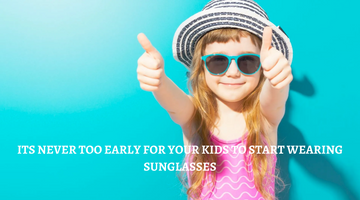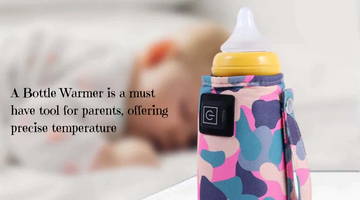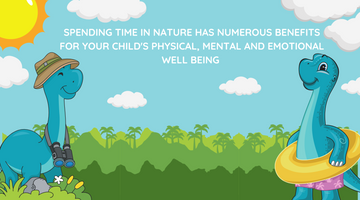Sunglasses have always been a statement piece and add that essence to your outfit whether its for kids or adults. They not only level up your fashion game but also your confidence. While a lot of colorful frame styles are available, sunglass companies have understood a child's desire to look like their parents or older siblings.
Oval, round, rectangular, cat-eye and geometric shapes are all popular in cool, sophisticated colors like green, blue, tortoise and black. Metal frames are very popular, but so are plastic kids sunglass frames that look like scaled-down versions of trendy adult styles.
Also, sporty styles for kids like wraparounds are available in miniature adult editions.
Importance of Sunglasses for Kids
When compared to adults, far fewer youngsters wear shades. This is especially problematic during the summer months when school’s out, because kiddos are the ones more likely to be outside in the eyeball-scorching sun during the day.
As adults, we’ll be the first to admit that we often view sunglasses as fashion accessories first and protective wear last. Maybe that’s why it’s hard to get little ones to keep their shades on – they’re more worried about having fun than looking fly.
Still, it’s our responsibility as parents/relatives/guardians/nannies/mannies to protect our charge from danger, including UV exposure. Wrap-around shades are a great way to accomplish this feat. They’re more difficult for kids to take off, and they block more sunlight on the sides than regular glasses.
Children need sunglasses to protect their eyes from harmful UV rays. These rays can damage the eyes and lead to issues such as cataracts and macular degeneration later in life. Additionally, sunglasses can also help with glare reduction, which can improve visual acuity and reduce eye strain.UV radiation is an invisible spectrum of light in our atmosphere 365 days a year and reaches the earth’s surface even on cloudy or overcast days. UV damage is cumulative—it builds over time–and irreversible. You’re probably also aware that kids spend more time outside than adults do. Some studies estimate that up to 50% of lifetime UV exposure accumulates before age 18. Here’s why this is critical:
- Since the lenses in children’s eyes are still developing and their pupils are larger than adult pupils, more UV rays reach the back of children’s eyes, causing cumulative, irreversible damage to the retina.
- Kids are exposed to about 3 times more UV rays than adults are each year.
- Total lifetime exposure to UV light directly correlates with eye problems later in life, including the development of cataracts and macular degeneration.
- A hat worn alone won’t cut it: Wide brims block about 50% of UV ray exposure to the eyes, but that’s not enough. It’s a best practice to wear both a hat and a pair of high-quality UV blocking shades.
It’s never too early for your kids to wear sunglasses that protect their eyes from damaging UV rays whenever they go outside. There are a large variety of sunglass options for all ages of children, ages 6 months to 18 years. (Children under 6 months of age shouldn’t be exposed to the sun). In addition to protecting their eye health for a lifetime of good vision, think how cute they’ll look in their little sunnies!
Sunglasses Are a Win Win
Sunglasses are a "win-win" because they not only protect the eyes from harmful UV rays but also provide many additional benefits. For example, they can reduce glare, improve visual acuity, and reduce eye strain. They also can help with color perception, contrast sensitivity, and depth perception. Additionally, they can also be a fashion accessory that can complement one's appearance. Overall, sunglasses are a practical and stylish accessory that can provide many benefits for the eyes and overall well-being






